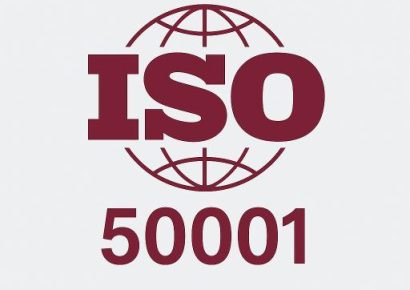Course Overview
Course Overview
The ISO 9000 Internal Auditing Training Course is designed to equip participants with the knowledge and practical skills to plan, conduct, report, and follow up on internal audits in alignment with ISO 9001:2015, the core standard within the ISO 9000 family. This training aligns with ISO 19011:2018 guidelines for auditing management systems and emphasizes a process-based, risk-oriented approach to quality management.
This course is ideal for quality practitioners, internal auditors, process owners, and team leads responsible for maintaining ISO 9001 certification or driving continuous improvement in quality management systems (QMS).
Duration: 3 Days
Learning Outcomes
By the end of the course, participants will be able to:
- Understand the purpose and structure of ISO 9001:2015 and internal audits.
- Apply ISO 19011 principles and techniques for effective management system auditing.
- Plan internal audits, develop checklists, and prepare audit documentation.
- Conduct process-based audits and gather objective evidence.
- Identify non-conformities and write clear, clause-referenced audit findings.
- Report results to management and follow up on corrective actions.
- Support continual improvement and maintain compliance with ISO 9001 requirements.
Course Content
Day 1: Foundations of ISO 9001 and Internal Auditing
- Module 1: Overview of ISO 9000 and ISO 9001:2015
- Key QMS Principles and Clause Structure
- Introduction to the Process Approach and Risk-Based Thinking
- Module 2: Internal Audits in the Context of QMS
- Types of Audits (Internal, External, Supplier)
- Purpose and Benefits of Internal Auditing
- Introduction to ISO 19011:2018 (Audit Guidelines)
- Module 3: Planning the Audit
- Establishing Audit Scope, Objectives, and Criteria
- Developing the Audit Plan and Schedule
- Creating Effective Audit Checklists
Day 2: Conducting Internal Audits Effectively
- Module 4: Performing the Audit
- Opening Meetings and Communication Skills
- Collecting Objective Evidence (Documents, Interviews, Observation)
- Maintaining Auditor Objectivity and Ethical Conduct
- Module 5: Audit Findings and Classification
- Identifying and Describing Non-Conformities
- Distinguishing Between Major, Minor, and Observations
- Linking Findings to ISO 9001 Clauses and Requirements
- Module 6: Managing Audit Teams and Conflict
- Roles and Responsibilities in a Multi-Auditor Team
- Handling Difficult Conversations and Resistance
Day 3: Reporting and Follow-Up Activities
- Module 7: Reporting the Audit Results
- Drafting Clear and Concise Audit Reports
- Communicating Findings to Management and Stakeholders
- Module 8: Follow-Up and Continual Improvement
- Root Cause Analysis for Non-Conformities
- Developing and Verifying Corrective Actions
- Supporting the Management Review Process
- Practical Exercise:
- Audit Simulation (Role-Play and Documentation Exercise)
- Checklist Development and Report Writing Practice
Course Difficulty: Intermediate
Curriculum
- 9 Sections
- 23 Lessons
- 3 Days
- Module 1: Overview of ISO 9000 and ISO 9001:20152
- Module 2: Internal Audits in the Context of QMS3
- Module 3: Planning the Audit3
- Module 4: Performing the Audit3
- Module 5: Audit Findings and Classification3
- Module 6: Managing Audit Teams and Conflict2
- Module 7: Reporting the Audit Results2
- Module 8: Follow-Up and Continual Improvement3
- Practical Exercise2





